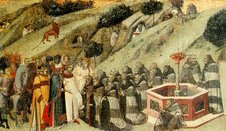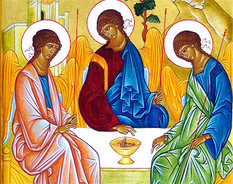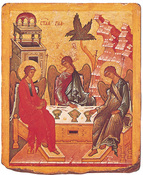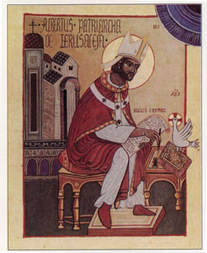"Many and varied are the ways in which our saintly forefathers laid down how everyone, whatever his station or the kind of religious observance he has chosen, should live a life of allegiance to Jesus Christ--how, pure in heart and stout in conscience, he must be unswerving in the service of his Master."

There are several very important and highly meaningful things in this chapter. "Many and varied" recognizes that there are many traditions and ways of living in Christ. This is not to suggest that many and varied are the religions of the world and that each of these religions are equally true and untrue, but "Many and varied" are the ways of living daily in Christ such that there is not one single tradition or standard way of living as a good Christian (to live in Christ remains essential); "everyone, whatever his station" is called to receive the Lord, just as he called tax collectors, dined with Pharisees, healed the families of Roman soldiers, touched the leprous, opened the ears of the dumb and welcomed his betrayer with a kiss.





 RSS Feed
RSS Feed